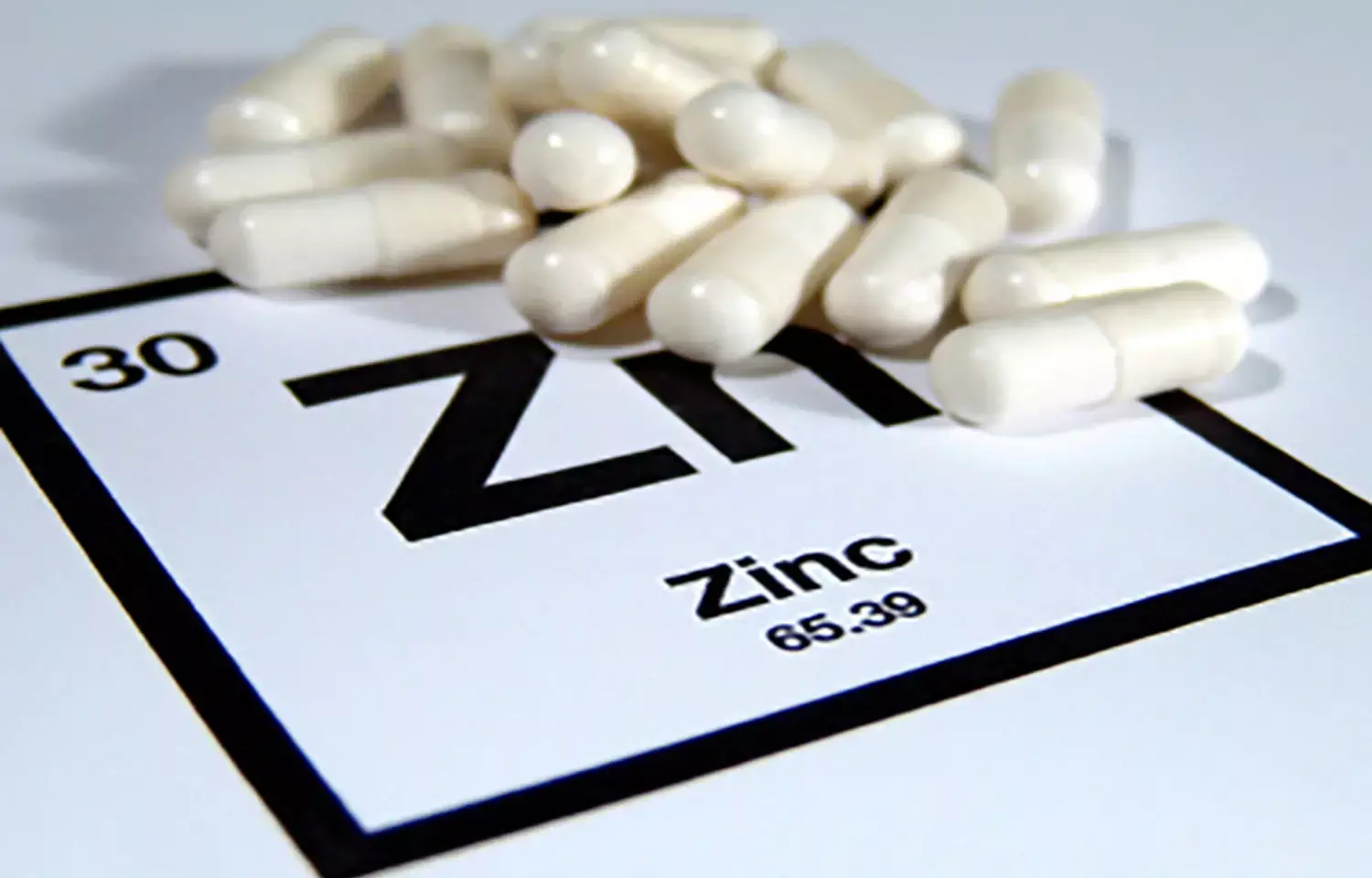- Home
- Medical news & Guidelines
- Anesthesiology
- Cardiology and CTVS
- Critical Care
- Dentistry
- Dermatology
- Diabetes and Endocrinology
- ENT
- Gastroenterology
- Medicine
- Nephrology
- Neurology
- Obstretics-Gynaecology
- Oncology
- Ophthalmology
- Orthopaedics
- Pediatrics-Neonatology
- Psychiatry
- Pulmonology
- Radiology
- Surgery
- Urology
- Laboratory Medicine
- Diet
- Nursing
- Paramedical
- Physiotherapy
- Health news
- Fact Check
- Bone Health Fact Check
- Brain Health Fact Check
- Cancer Related Fact Check
- Child Care Fact Check
- Dental and oral health fact check
- Diabetes and metabolic health fact check
- Diet and Nutrition Fact Check
- Eye and ENT Care Fact Check
- Fitness fact check
- Gut health fact check
- Heart health fact check
- Kidney health fact check
- Medical education fact check
- Men's health fact check
- Respiratory fact check
- Skin and hair care fact check
- Vaccine and Immunization fact check
- Women's health fact check
- AYUSH
- State News
- Andaman and Nicobar Islands
- Andhra Pradesh
- Arunachal Pradesh
- Assam
- Bihar
- Chandigarh
- Chattisgarh
- Dadra and Nagar Haveli
- Daman and Diu
- Delhi
- Goa
- Gujarat
- Haryana
- Himachal Pradesh
- Jammu & Kashmir
- Jharkhand
- Karnataka
- Kerala
- Ladakh
- Lakshadweep
- Madhya Pradesh
- Maharashtra
- Manipur
- Meghalaya
- Mizoram
- Nagaland
- Odisha
- Puducherry
- Punjab
- Rajasthan
- Sikkim
- Tamil Nadu
- Telangana
- Tripura
- Uttar Pradesh
- Uttrakhand
- West Bengal
- Medical Education
- Industry
Lower zinc levels may increase mortality risk in patients with COVID-19: Study

Increased intracellular zinc concentrations efficiently impair replication/reproduction of a number of viruses. However, the effect of plasma zinc levels on COVID-19 is not yet understood.
Dr Roberto Güerri-Fernández, Hospital Del Mar, Barcelona, Spain, and colleagues have found in a new research that having a lower level of zinc in the blood is associated with a poorer outcome in patients with COVID-19. The study is being presented at this week's ESCMID Conference on Coronavirus Disease (ECCVID, held online from 23-25 September).
In this study, the authors explored whether plasma zinc levels at admission are associated with disease outcome in COVID-19 patients.
The authors did a retrospective analysis of symptomatic admitted patients to a tertiary university hospital in Barcelona, Spain over the period from 15th March 2020 to 30th April 2020. Data on demography, pre-existing chronic conditions, laboratory results and treatment were collected. Clinical severity of COVID-19 was assessed at admission. Fasting plasma zinc levels were measured routinely at admission (baseline) in all patients admitted to the COVID-19 Unit. Computer modelling and statistical analyses were used the assess the impact of zinc on mortality.
During this period of study 611 patients were admitted. The mean age was 63 years, and 332 patients were male (55%). During this period total mortality was 87 patients (14%).
This study includes 249 of these patients (of whom 21 [8%]) died. The authors say the 249 patients in this analysis are representative of the whole cohort of 611, and data collection and analysis for the other patients is ongoing - but the continuation of the study has been made difficult by the arrival of the second wave of SARS-CoV-2 in Spain.
Mean baseline zinc levels among the 249 patients were 61 mcg/dl. Among those who died, the zinc levels at baseline were significantly lower at 43mcg/dl vs 63.1mcg/dl in survivors. Higher zinc levels were associated with lower maximum levels of interleukin-6 (proteins that indicate systemic inflammation) during the period of active infection.
After adjusting by age, sex, severity and receiving hydroxychloroquine, statistical analysis showed each unit increase of plasma zinc at admission to hospital was associated with a 7% reduced risk of in-hospital mortality. Having a plasma zinc level lower than 50mcg/dl at admission was associated with a 2.3 times increased risk of in-hospital death compared with those patients with a plasma zinc level of 50mcg/dl or higher.
The authors conclude: "Lower zinc levels at admission correlate with higher inflammation in the course of infection and poorer outcome. Plasma zinc levels at admission are associated with mortality in COVID-19 in our study. Further studies are needed to assess the therapeutic impact of this association.
Hina Zahid Joined Medical Dialogue in 2017 with a passion to work as a Reporter. She coordinates with various national and international journals and association and covers all the stories related to Medical guidelines, Medical Journals, rare medical surgeries as well as all the updates in the medical field. Email: editorial@medicaldialogues.in. Contact no. 011-43720751
Dr Kamal Kant Kohli-MBBS, DTCD- a chest specialist with more than 30 years of practice and a flair for writing clinical articles, Dr Kamal Kant Kohli joined Medical Dialogues as a Chief Editor of Medical News. Besides writing articles, as an editor, he proofreads and verifies all the medical content published on Medical Dialogues including those coming from journals, studies,medical conferences,guidelines etc. Email: drkohli@medicaldialogues.in. Contact no. 011-43720751


